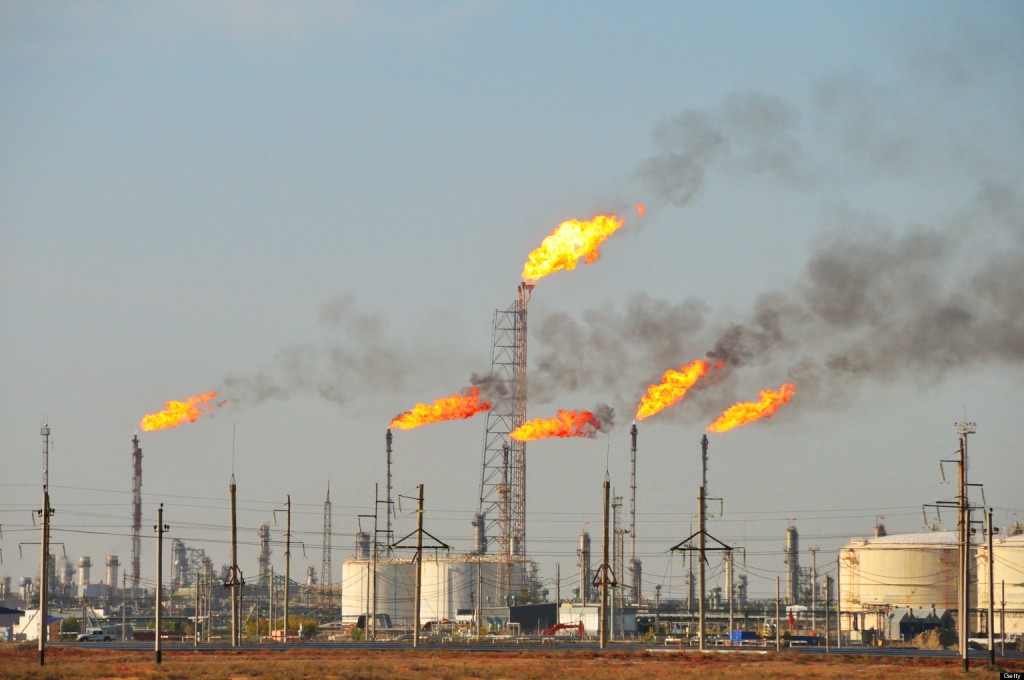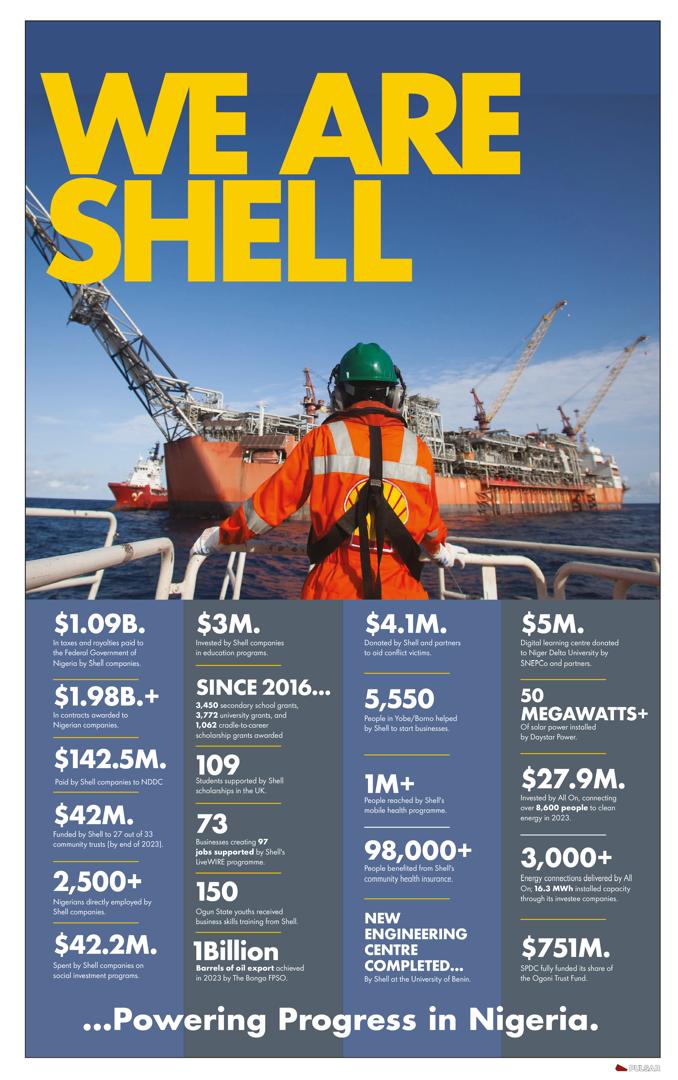Nigeria is a signatory to the 2001 Global Gas Flaring Reduction Partnership principles that aim at a flare-out date of 2030, but the country’s race to zero routine flaring by the end of the decade is been undermined by inconsistent policies, weak implementation and apparent lack of political will by successive administrations.
Gas flaring is the process by which natural gas is burned off in a controlled manner when extracting oil. To either reduce the risk of gas ignition to facilities or to eliminate products considered unfit for use.
Despite a decline in oil production, Nigeria has increased its flaring intensity over the last 10 years and the country is ranked 7th among the top 10 flaring countries on a volume basis.
Satellite data suggests that, while the largest flaring fields in the country have been addressed, there are many smaller, more disparate fields where flare elimination and gas utilization is more challenging.
Latest gas flare data by the National Oil Spill Detection and Response Agency (NOSDRA), suggests that companies operating onshore flared 24.5 billion Standard Cubic Feet (SCF) of gas valued at $85.8 million between January and February 2023, while those operating offshore flared 25.8 billion SCF of gas valued at $90 million.
Consequently, Nigeria lost about N81 billion ($176 million) to flaring a total of 50.3 billion SCF of gas within the first two months of the year, NOSDRA said, and while the Federal Government has slammed onshore offenders with a fine of N22 billion ($49m), no fine has yet been announced for their counterpart offshore offenders.
The agency also noted that the volume of gas flared in January and February 2023 was 11.9 per cent lower than the 57.1 billion SCF of gas flared in the same period in 2022 and had a power generation potential of 5,000 gigawatts of electricity.
Although the Federal Government had in recent times led campaigns for gas monetisation as against flaring, NOSDRA noted that gas flaring has persisted since the 1950s, releasing carbon dioxide and other harmful gaseous substances into the atmosphere, resulting in environmental and health challenges in the oil-producing areas and affects agricultural yield.
Poor Regulation and Sanctions
Despite many commitments to take action, Nigeria has shifted its deadline to end gas flaring in the Niger Delta at least ten times between 1969 and 2020, causing many to express doubt that it would meet the 2023 target.
Gas flaring is the second most destructive environmental pollutant in the Niger Delta after oil spillage and the Petroleum Industry Act, 2021 contains five articles on gas flaring, promoting minimization of flaring and reinforcing the basic principles in the Flare Gas (Prevention of Waste and Pollution) Regulations, 2018.
Section 12 of the Flare Gas (Prevention of Waste and Pollution) Regulations, 2018, outrightly bans routine flaring for greenfield projects, while Section 13 imposes a flare gas payment of US$2.00 per MSCF in a license area or field producing 10,000 barrels a day of oil or more and US$0.50 per MSCF in areas producing less. The fees apply to all associated gas flared, whether routine or nonroutine and whether the producer has the right to commercialize the gas or not.
The annual Oil and Gas Industry Reports published by the Nigeria Extractive Industries Transparency Initiative (NEITI) show that, even at this very low penalty rate, some producers have not paid flaring penalties in full or at all.
Under Section 3 of the Petroleum Industry Act, the minister of petroleum can revoke or suspend petroleum licenses and leases for noncompliance of repeat offenders, upon the recommendation of the Nigeria Upstream Petroleum Regulatory Commission. However, no evidence of license revocation because of flaring-related offences has been made public.
“In Nigeria, about $2.5 billion is lost yearly due to severe gas flaring from 178 flare sites nationwide, and this development is expected to hit $9 trillion in the next 10 years,” a member of a climate and environment advocacy group – The Green Resilience, Kingsley Adindu said.
He said the country’s relatively high flaring can be attributed to many factors, including the lack of infrastructure at some oil fields, limited number of reservoirs suitable for gas re-injection, expensive nature of developing and installing of pipeline network. Limited local, regional and international market and the difficult terrain of the Niger Delta, hinders the harnessing of the product for positive uses.
Adindu urged the Federal Government to enforce laws on environmental pollution and prosecute environmental polluters in the country.
Similarly, the Chairman, Society of Petroleum Engineers, SPE Nigeria Council, Olalekan Olafuyi, said the Federal Government was planning to increase gas flare penalties as Nigeria races towards achieving its commitment to the United Nations net zero goals by 2060.
It is also expected that the Nigeria-Morocco Gas Pipeline (NMGP), designed to be 5,660km long, will reduce gas flaring in Nigeria and encourage diversification of energy resources in the country.








![[Devotional] IN HIS PRESENCE: Increase comes from God](https://thenewsguru.com/wp-content/uploads/2023/02/Screenshot-2023-02-21-at-5.48.27-AM-75x75.png)
